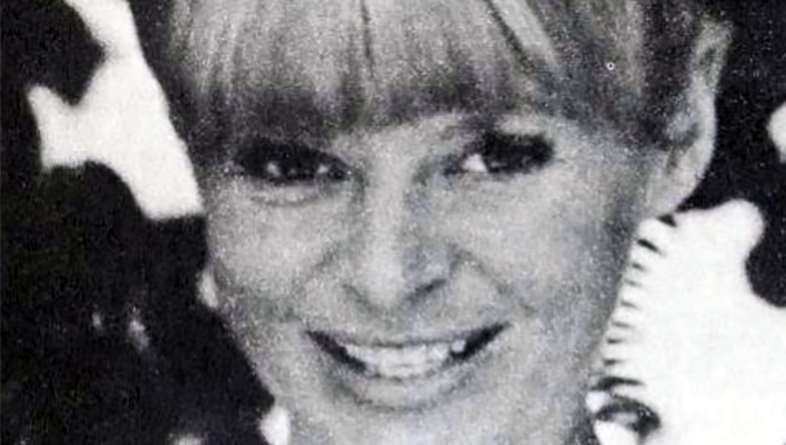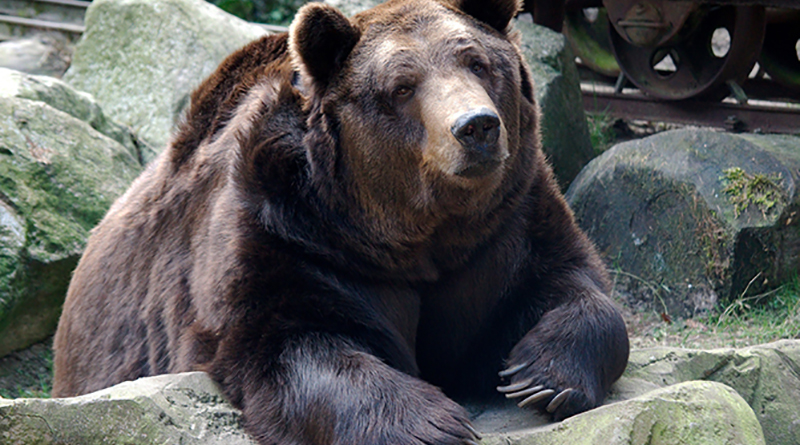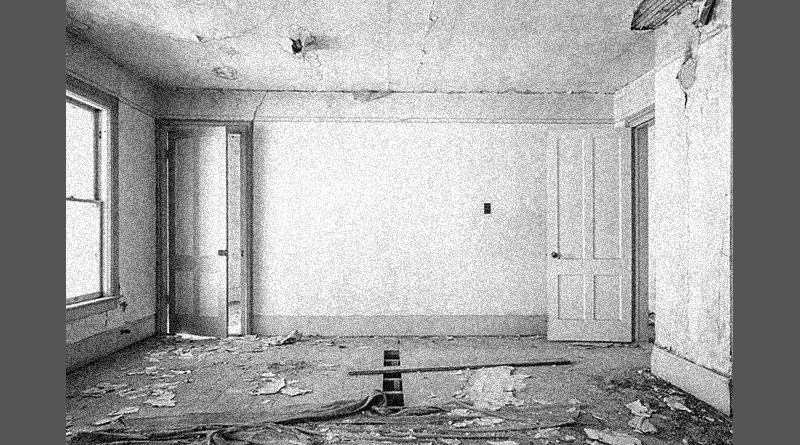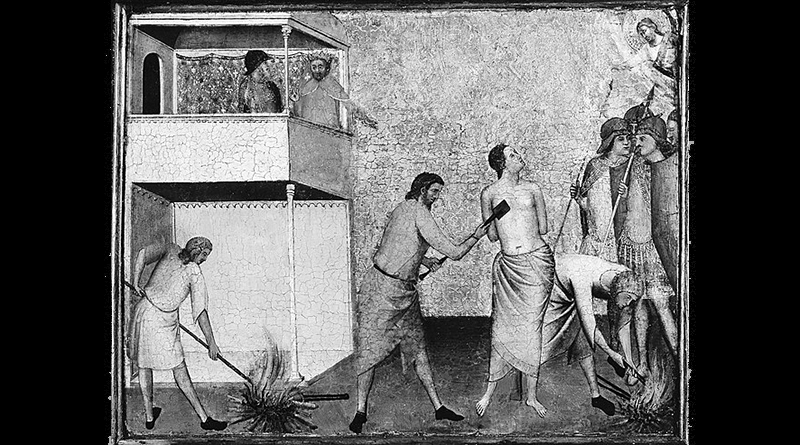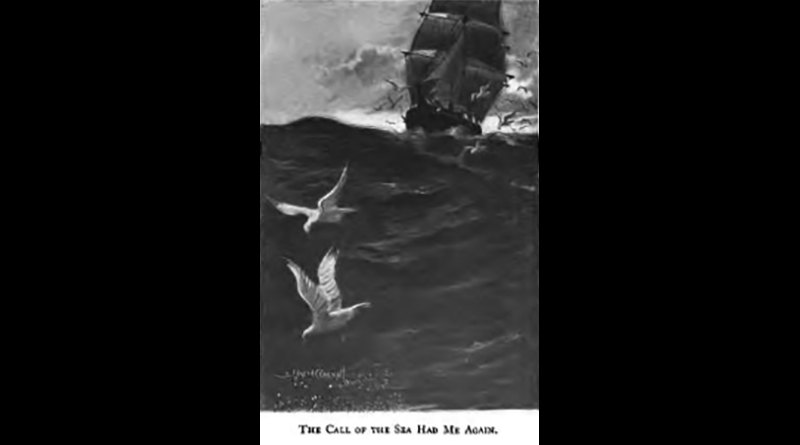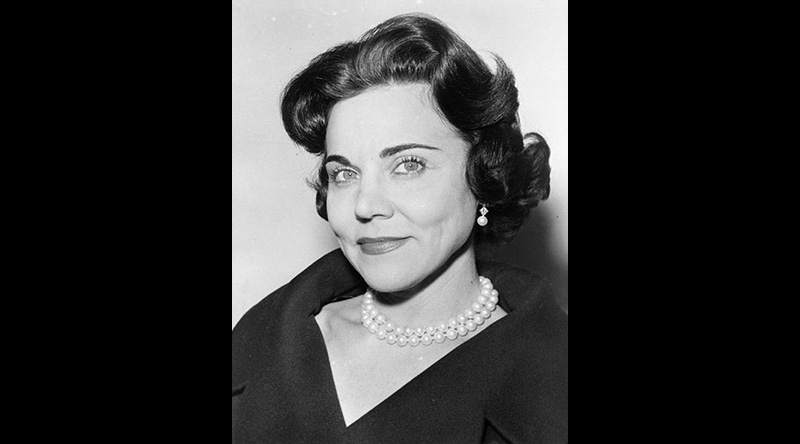In the Long Ago, when people lighted the dark winter nights with tallow candles, a candle shop stood by the side of a brook. There was a great set kettle for trying out, a heavy iron press and leaden moulds. Altogether, it was a pretty greasy place, with piles of fresh tallow leaves, great “cheeses” of scraps, barrels of prepared tallow, and boxes of candles ready for market, and the fall and winter birds evidently thought it a feast provided by the gods for their delectation.
The presiding genius of the shop — David, the Candlemaker — was an uncouth man, but he had a big heart and a warm love for the sweet things of nature, especially birds, and they seemed to know it. How they took possession and over-ran the place! For this, be it remembered, was before they were killed that women might adorn (?) themselves savage fashion with their feathers, and before the occupation of America by the British sparrow, when if one saw a bird he could be sure it was a native. There were great delightful flocks of chickadees, juncos and sparrows; hayseed was scattered for the seed-eating birds — woodpeckers, robins, nuthatches, bluejays and many rarer kinds.
There were bluejays by the brook all the year, but the summer dwellers who reared their young above the bridge went south for the winter, and it was usually a week or two before the winter residents came down from Canada, swearing at one another, as it seemed, in even rougher tones than their summer cousins, and wearing thicker feathers. But one autumn a young summer bluejay stayed; just why was never known, because no one ever got quite on speaking terms with him — whether he was one of a belated nestfull, born out of due season and too young to take the journey, or whether he was loth to leave the flesh-pots of Egypt in the shop for the more uncertain manna of the southern wilderness, or whether, as subsequent events seemed to prove, he was unable to tear himself away from his great love, David, the Candlemaker.
Every morning he was on the great platform, where the tallow was set to cool, waiting for the door to be opened so he could come inside, and when the nights grew very frosty he stayed inside — overhead, underfoot, and into mischief generally, unless a cat, dog or stranger came in, when he retreated to the fir tree outside.
David grew very fond of his little blue-coated friend, whom he weighed down with the name of Andrew Jackson, lightened for daily use to Jack. Jack developed all the mischievous traits of his tribe, and an account of the trouble he made would fill a book. As long as he did nothing worse than to cram choice greasy scraps between the leaves of valuable papers in the little desk, or get the pen from the holder and hide it in a crack of the timbers overhead, or pull the cork from the ammonia bottle, his misdeeds were winked at, but when he took to punching holes in every candle on the top rows of the finished boxes, making them unmarketable, it was too much.
David sallied forth, and somewhere found an old cage — a very large one, that once had served as a sort of bird hotel — which he put in the house kitchen, and then, softly clapping his old hat over Jack, carried him away into captivity. He took very kindly to cage life, his only grief being separation from David, whom he greeted with screams of joy whenever he entered the room, and it made him supremely happy to perch on David’s shoulder or eat from his fingers. One warm day in spring, when Jack’s friends and relatives had returned from the sunny southland, and every feathered Jack was courting some demure little Jill, David carried the cage up to the bridge beyond the shop and opened the door. Jack came out, but no farther than his hand. Whereupon David put him on a branch and explained that while he should always be very glad to see him in the shop, he had no desire to make a prisoner of him, and he would be happier if free. Then the empty cage was carried back to the house. Less than an hour later the house mistress, having occasion to open the outside door, found poor Jack standing disconsolate on the step. He flew briskly in and onto his old cage, and there he stayed — a happy and contented bachelor.
It was entertaining to watch the play of his inherited instincts. His food — insects, nuts, bread, etc. — was never allowed to remain in a food dish, but was tucked in the cracks and crannies of his cage, under the dishes or the false bottom, anywhere, so he fancied it hidden. The house mistress soon learned to put out of reach anything like a work-basket before he was given the freedom of the room to stretch his wings. What havoc he made with a pincushion! He developed almost a parrot’s power of imitation. He whistled in very human fashion. He called “Kitty,” until the cat came running in, when he looked at her with a positive twinkle of fun in his eyes. Frank, the boy, could never distinguish Jack’s call from his mother’s. He struggled with “Dave,” but even parrots can never conquer the letter V. He could say water plainly, and several other words.
Dear old Jack! He held a big, warm place in the hearts of his friends, and seemed to furnish another example of the intimate and loving relations we may establish with Nature’s children if we only approach them in the right spirit.
— Nature Study (published 1901), by Manchester Institute of Arts and Sciences; chapter “Jack,” by Dorothy May.

